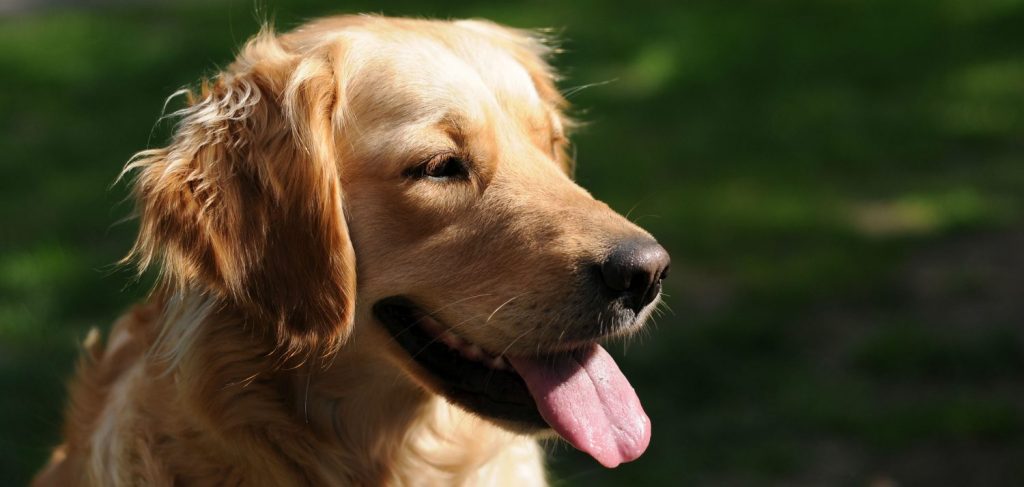Hi Rich,
Thanks for your question.
This is an interesting scenario. I’m particularly surprised by how long the condition has been going on. I often see cases of sneezing and reverse sneezing but they tend to be short term. One other issue that I think would be important to know is how old your dog is and if there has been any discharge from the nostrils of any kind.
Sneezing is caused by conditions that occur on the sinuses and nasal cavities so I’m not surprised by the fact that nothing has been seen on radiographs of the lungs. There are conditions that start in the nasal cavity and extend to the lungs, and vice versa, but most cases of sneezing are limited to the nasal cavities.
The common causes of sneezing are allergies, upper respiratory/nasal infections (a well known complicated long-term infection that can occur is a fungal infection known as aspergillosis), foreign material in the nasal cavity, a nasal bot or parasite in the nasal cavity, and tumors in the nasal cavity.
If this were a young dog and the symptoms were recent, I would recommend that you try a treatment for simple allergies, such as antihistamines, but I worry it could be more significant than that. It would also heighten my concern if there has been any discharge that is either bloody or discoloured, and if it is coming from one nostril rather than both.
I would recommend sedation and rhinoscopy with sampling. This is where a specialist or well-trained veterinarian will use a fiberoptic scope to visually inspect the nasal cavity and collect a sample of tissue for testing. In some cases, specialists will recommend a more specialized test called a CT scan and some feel this is necessary to thoroughly evaluate for a fungal infection. I know this is an expensive test and you may have already considered it. If your dog is otherwise healthy, it could be difficult to initiate such an expensive test, but keep in mind that some of these conditions can develop very slowly and become almost untreatable once a diagnosis is achieved. Some of the conditions cause physical damage that creates a complicating factor which can reduce the success of treatment. In short, the passage of time can create more problems later on. If you make the assumption of allergies and your veterinarian prescribes antihistamines, or even steroids, this could mask the clinical symptoms while the underlying disease progresses further.
Rhinoscopy is a simple, low-risk diagnostic test. I would highly recommend it as your next step and I encourage you to speak to your veterinarian about it.
I hope this helps,
Dr. Clayton Greenway
